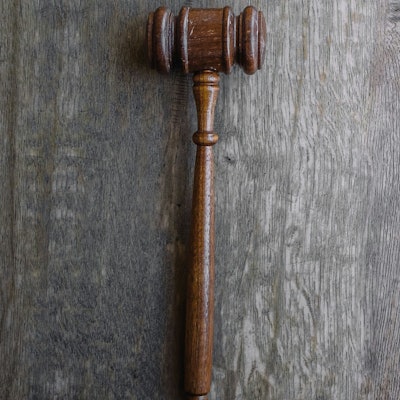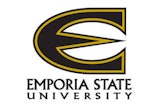
A federal judge denied a requested temporary restraining order Tuesday, slowing the efforts of Tennessee and Virginia to pause NCAA rules regarding name, image and likeness benefits for college athletes.
But, as reported by the Knoxville News Sentinel, judge Clifton Corker also agreed with the states on several points, saying the case would "likely" succeed on the merits under federal antitrust statutes and saying the rules in question "likely foster economic exploitation of student-athletes."
Tuesday's order was issued in the Eastern Tennessee District of federal court in Greeneville, not far from the University of Tennessee, which is locked in a fierce fight with the NCAA over NIL rules. Tennessee attorney general Johnathan Skrmetti filed a lawsuit Jan. 31 against the NCAA that could shake the very foundation of college sports and how payments for athletes' name, image and likeness are handled.
The ruling Tuesday left the current NIL rules in place for Wednesday's start of the Division I football regular signing period. The same judge will hear arguments for a lengthier preliminary injunction in a Greeneville courtroom Feb. 13, according to Adam Sparks and Tyler Whetstone of the News Sentinel, who wrote, "That hearing could have seismic and long-term effects on college sports if the NCAA's rules banning NIL recruiting inducements and pay-for-play deals are put on hold."
A judge could grant after the Feb. 13 hearing a temporary injunction that would prohibit the NCAA from enforcing its NIL rules in Tennessee and Virginia until the lawsuit concludes. Ultimately, if the judge agrees with the attorneys general, it would spell the end of NCAA regulation of NIL in those states.
Tuesday's decision has no bearing on whether the judge will agree to a temporary injunction or the case's ultimate decision, and legal experts caution against drawing conclusions from interim rulings like this one, according to Sparks and Whetstone, who added that Tennessee attorney general Jonathan Skrmetti interpreted Corker's order as an indication of the suit's ultimate success, despite the denial of the restraining order.
"In today's opinion, a federal judge said Tennessee and Virginia are likely to prevail in their antitrust suit against the NCAA," the attorney general's office said in a news release, as reported by the News Sentinel. "Although the court declined to issue a temporary restraining order, the judge reasoned the NCAA can be held monetarily liable for any harms, thus negating the need for a (temporary restraining order)."
Previously, recruits could only sign NIL deals before enrolling in a university if their state laws permitted it. However, the NCAA could view parts of those arrangements as recruiting inducements, which violates its rules. That ambiguity remains.
In a statement, the NCAA said these problems should be solved by member schools, which adopt rules, rather than in courtroom.
“The NCAA fully supports student-athletes profiting from their NIL rights, and the Association looks forward to discussing how member schools and conferences overwhelmingly support the current rules that prohibit tampering with student-athletes and unchecked recruiting contacts," the NCAA said, according to the News Sentinel. "There is ample opportunity for NCAA members to pursue rule changes through the policy-making process in which all 1,100 schools voluntarily participate."
Corker agreed with the states on several points but also said "at this juncture" they failed to prove there would be immediate, irreparable harm to student-athletes if the NIL rules remained intact. Corker ruled the states failed to show there were likely to be anything other than monetary damages to athletes who operate under the NCAA's NIL rules, Sparks and Whetstone reported.





































